
World Day for the End of Fishing 2024
On this World Day for the End of Fishing 2024, we reflect on this atrocity and how to address it. We also discuss the growing aquaculture industry, which kills hundreds of billions of individuals every year. Read more
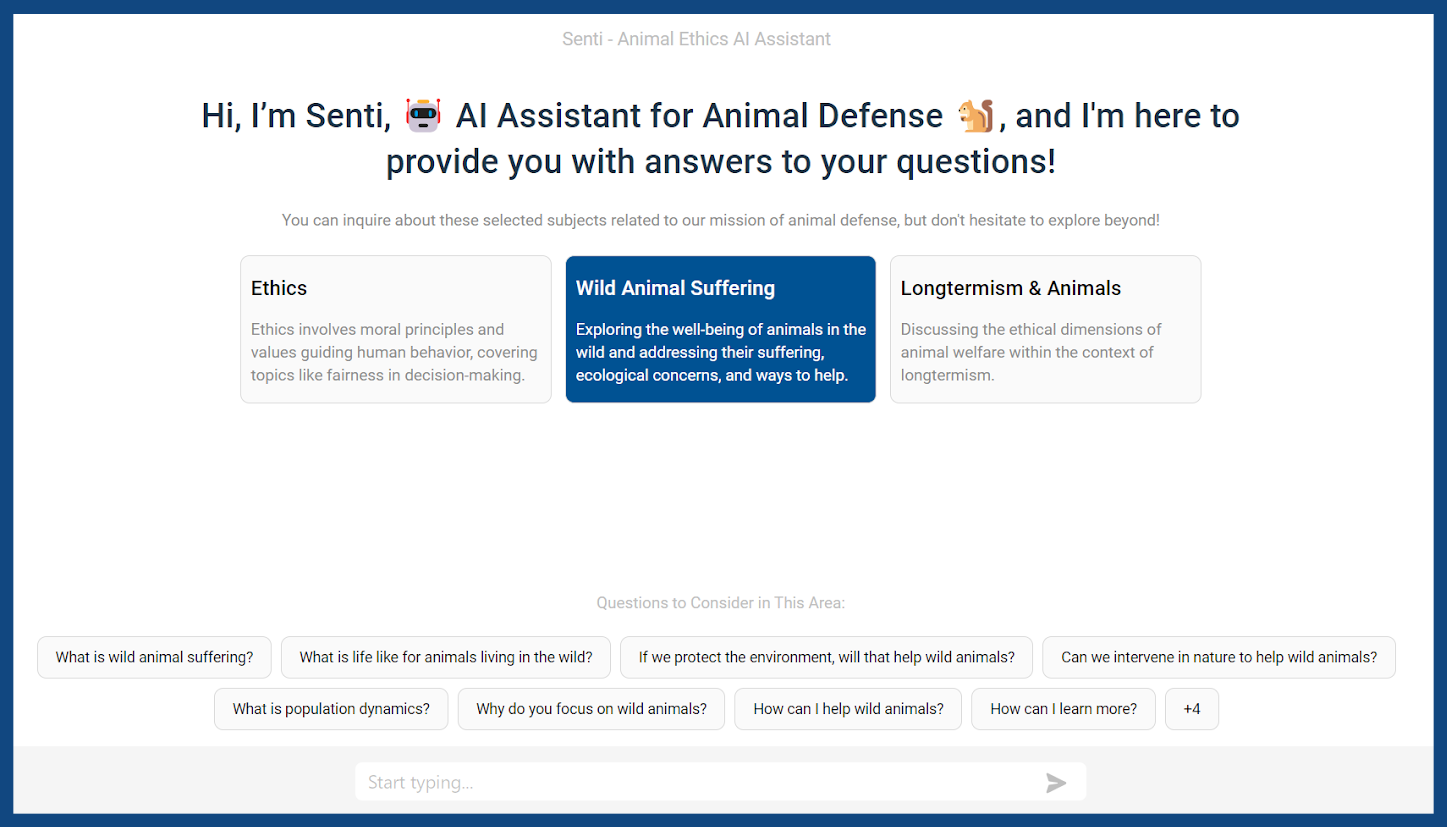
Senti, your animal ethics AI assistant
Senti, our AI assistant, is here to answer all your questions about animal ethics, wild animal suffering, and longtermism! Choose a question or ask your own. The talented team at Freeport Metrics made this possible. Read more
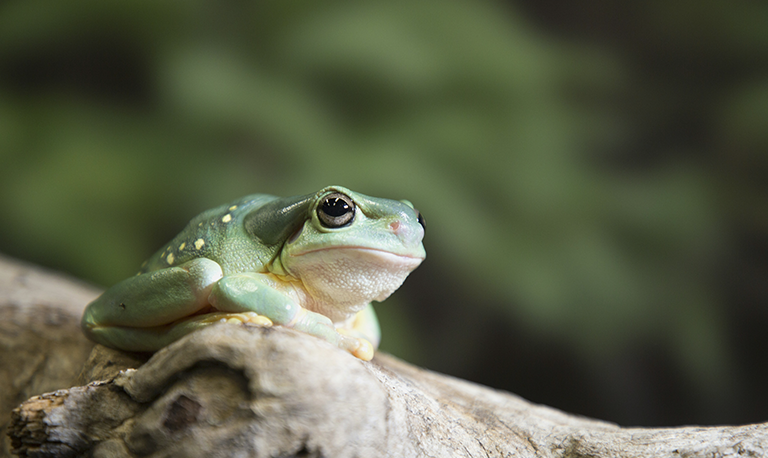
A new paper on animals and longtermism published with funding by Animal Ethics
A new paper on animals and longtermism by Gary O’Brien of Lingnan University in Hong Kong was published in the Journal of Moral Philosophy. Animal Ethics funded the work. Read more
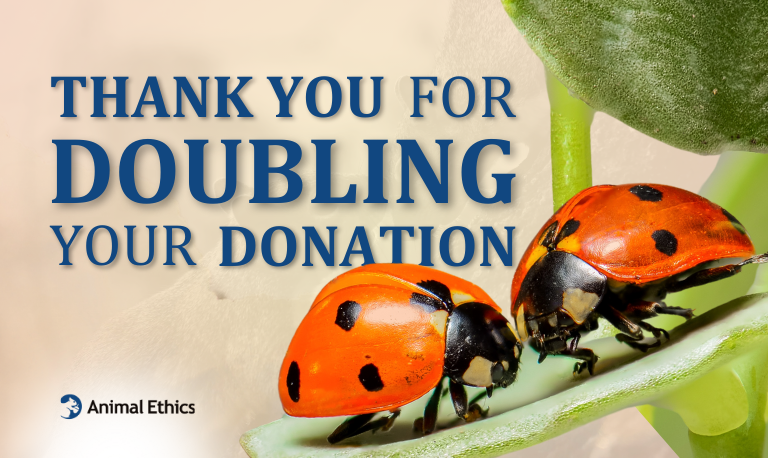
Thank you for doubling your donations to Animal Ethics!
Thanks to the generosity of our donors, we reached our goal of raising $20,000! We are more constrained by funds than anything, and these donations make it possible for many talented people to contribute. Read more
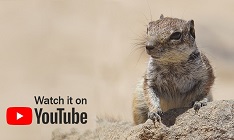
Wild animal suffering video course
This course includes 28 videos that explain the situation of animals in the wild, why and how to help, and how to promote academic work on this fied. Read more
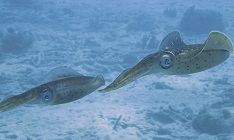
What animals are sentient, and why it matters
Evidence indicates that vertebrates and many invertebrates are sentient. Sentience is the capacity to feel and have experiences such as pain. Read more

Introduction to wild animal suffering ebook
Most animals suffer in the wild and die prematurely, but it’s possible to help them. This book explains the reasons and the different ways to do it. Read more